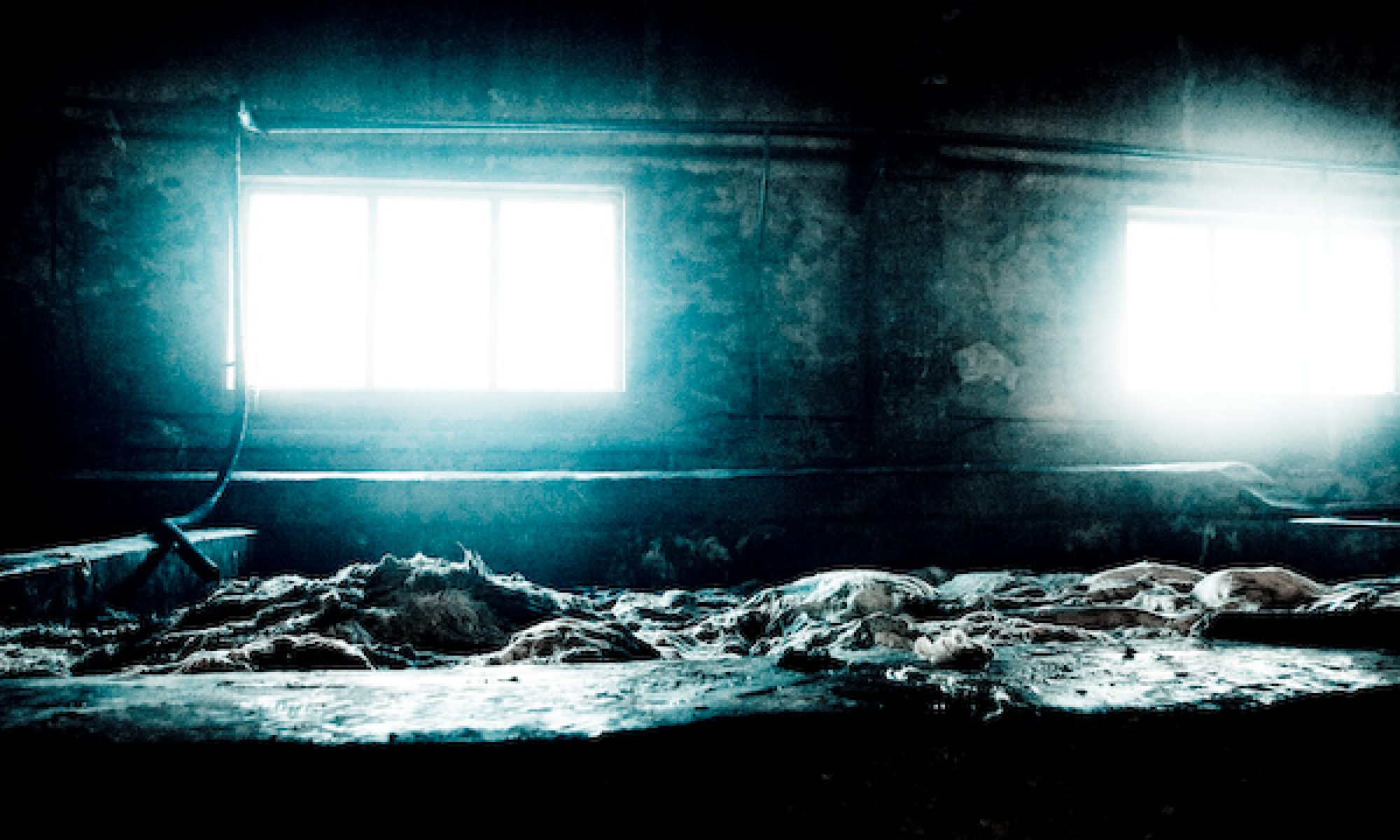Wherefore art thou, goate?
>The diuell..dooth most properlie and commonlie transforme himselfe into a gote.
_–R. Scott. ‘Discov. Witchr.’ v.i.89. (1584)_
>If you’re short of trouble, take a goat.
_–Finnish saying_
The goat and the sheep, two animals locked in perpetual binary harmony. Like some star system, they graze together, but in realms beyond their comprehension take paths impossibly dissimilar.
>Once to every man and nation comes the moment to decide,
In the strife of Truth with Falsehood, for the good or evil side;
Some great cause, God’s new Messiah, offering each the bloom or blight,
Parts the goats upon the left hand, and the sheep upon the right,
And the choice goes by forever ‘twixt that darkness and that light.
_–J. R. Lowell, The Present Crisis. St. 5._
The sheep blankly staring, flatulent falls, curled hair spiked with barbs for spinning and itching. Some have horns, and all follow. Their tails hang down. Some cultures dock the tails of their sheep. Others savor this, the finest piece of the sheep for eating–even if the herders must spend hours plucking maggots from oozing open slow-bite holes. Festering, crusted in shit. All fat.
There is one sheep, who we chase down, whirring in Chinese dirt-biking glory–it leaps blindly forward, eyes panick-stricken; away away, out out, between its legs flaps a blood-stained rag of a tail, maggots feasting deep in its flesh. One by one, the grubs are skewed and drawn from the baying flesh, like pulling a gummy-candy from ones mouth. (?). 10 minutes later, and there is a pile of fleshy naked bodies writhing in the dirt. A dusting of white powder on the wound to disinfect, and the knee is pulled off the sheep’s flank. It bulges to its feet and trots after its departed friends, reluctant victorious “baaa’s” sent back in our direction.
Herd or flock? A herd is a leisurely grazing through lush Biblical hills and valleys. Always following dumbly, sleeping soundly, until snatched in wolf-jaws.
>Lying there, I heard the gentle, drowsy tinkling if a goat-bell, and presently the herds wandered past us, pausing to stare with vacant yellow eyes, bleat sneeringly, and then move on.
_—Gerald Durrell, My Family and Other Animals (1956)_
The shepherd stands peacefully-by with crook and gaze–pious and holy–rising tall/towering above the grazing beastss–his eye fastened on the heavenly horizon.
>As the goats,
That late have skipt and wanton’d rapidly
Upon the craggy cliffs, ere they had ta’en
Their supper on the herb, now silent lie
And ruminate beneath the umbrage brown,
Upon his staff, and leaning watches them:
And as the swain, that lodges out all night
In quiet by his flock, lest beast of prey
Disperse them: even so all three abode,
I as a goat, and as the shepherds they,
Close pent on either side by shelving rock.
–Dante Alighieri. _The Divine Comedy, “Purgatory. Canto XXVII.”_
The herd is ever-moving–a mile, two miles, three miles, each day. Out, then back. Again until grass turns to snow and howling other-worldy winds. Were it not for the endless blue sky resting behind, waiting to thaw the hearts of its people and the soil of its earth –the shoots of grass reawaken and the air is again filled with ambling calls.
The kids lag at the back, always, their short legs iterating walk walk ruuun MAAAA… walk walk walk ruuun MAAAA tongues slightly hanging, human-like in their calls.
>’I must discipline these idiots,’ Omolo said to himself…’I must beat them today, goats!’
_–Inside Kenya Today. Mar 37/2. (1972)_
“I will KILL YOU, fucking GOAT!” I calmly explain, “Then EAT YOUUU!” I kick the flank of my horse gently, and we trot over to the goats that just don’t seem to get the idea of following the herd.
>The damned goates he doth despise; Poynts out his lambs, whose sinfull dyes hee purgde with bloody streame
_–Sir W. Mure. ‘Spiritual Hymme.’ 326. (1628)_
They fan out in directions, wider than my sphere of influence, and are lost in smashing skulls or chewing grass, or staring into space, pondering their own existence.
